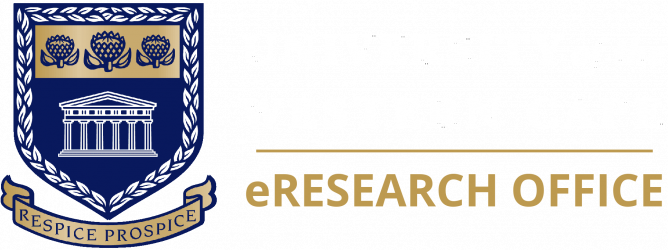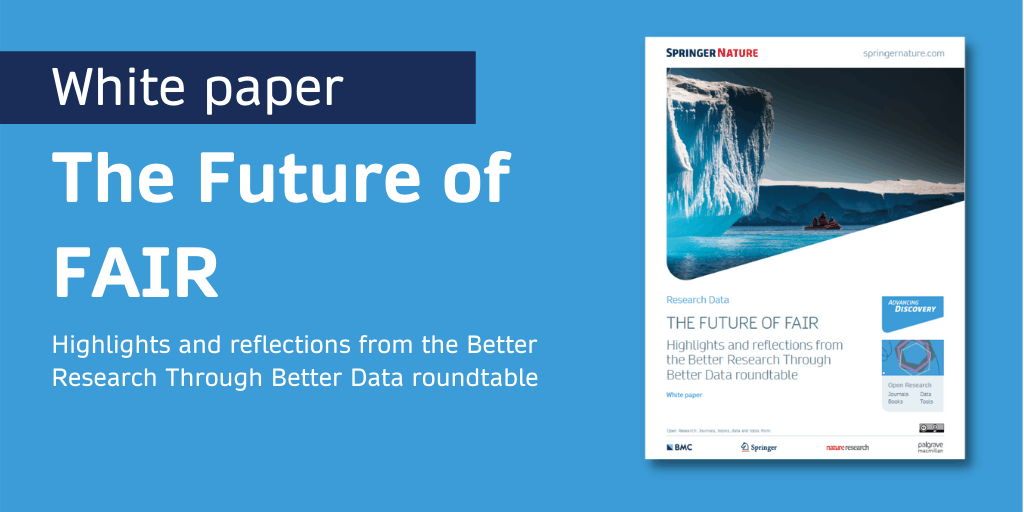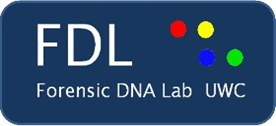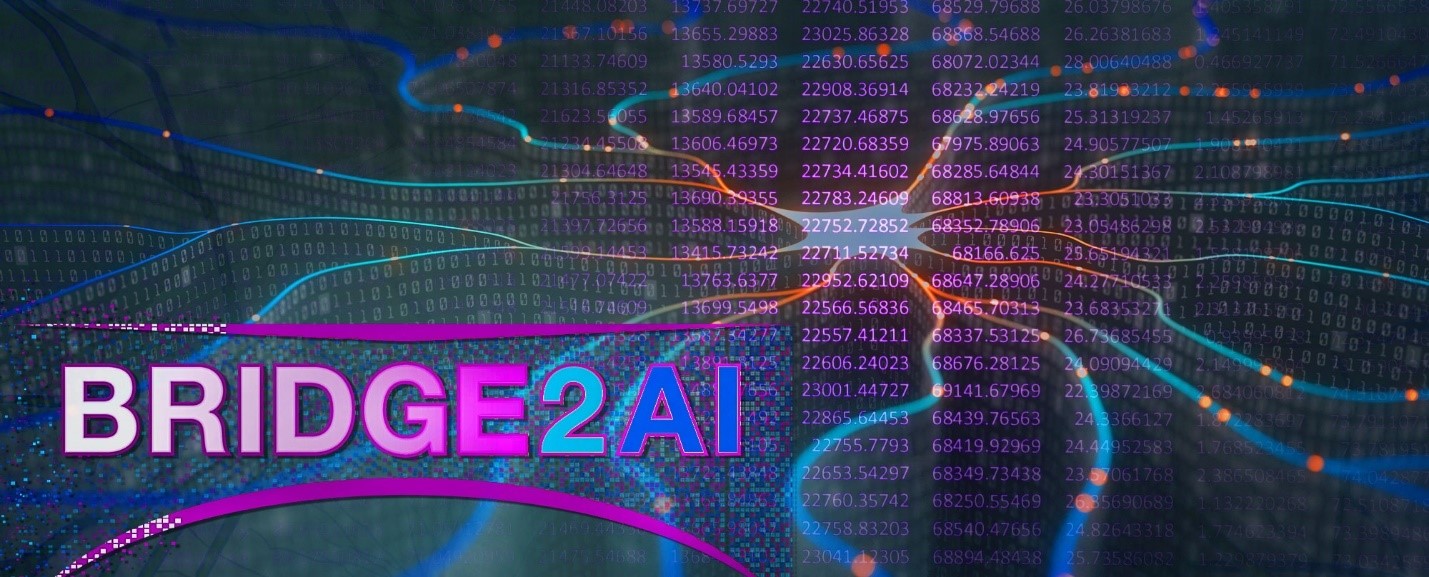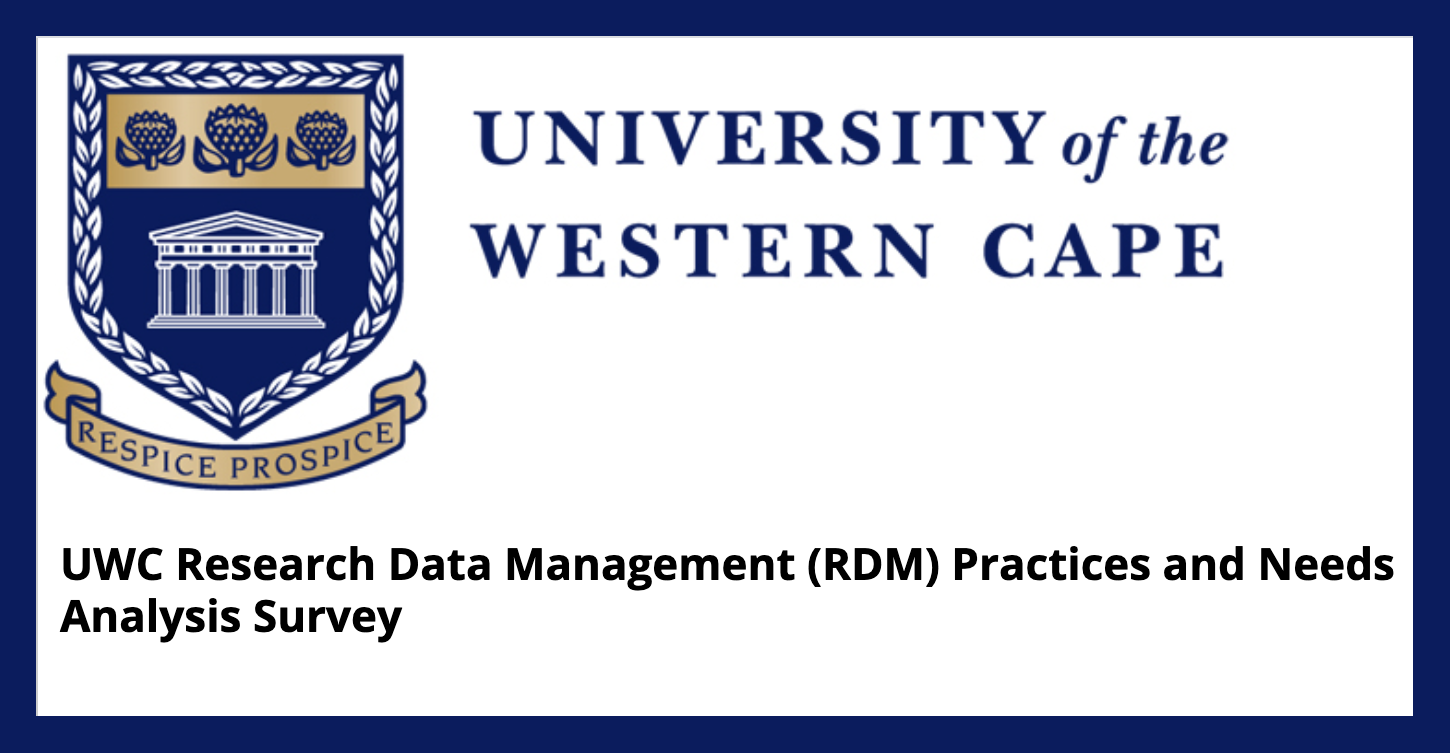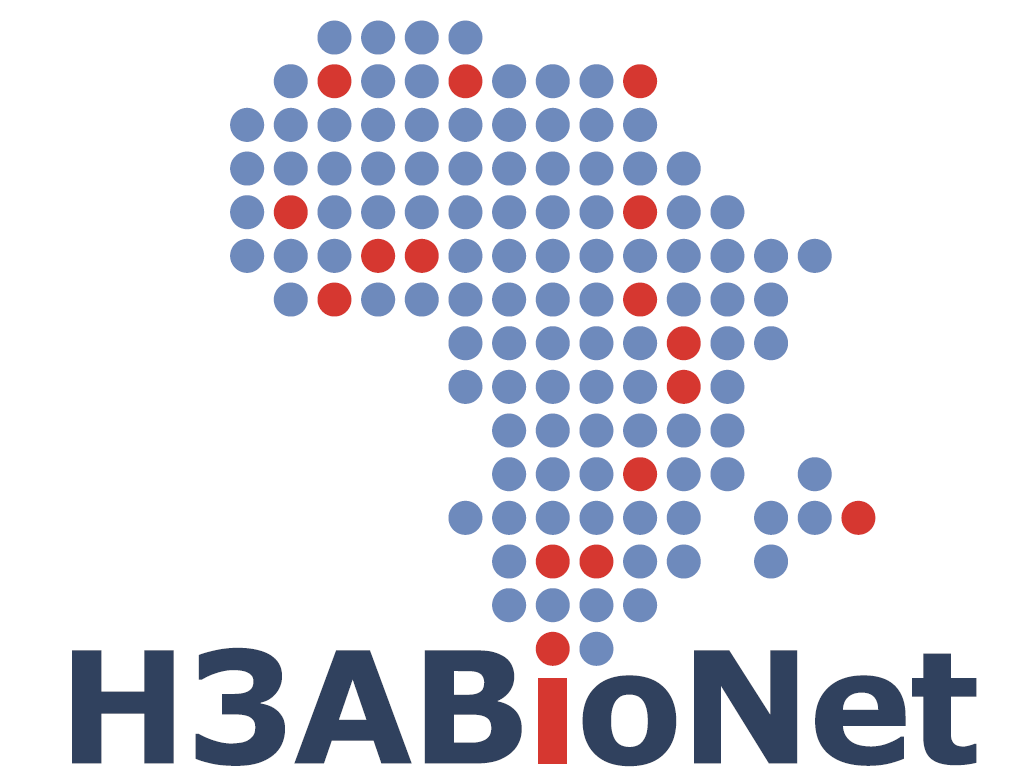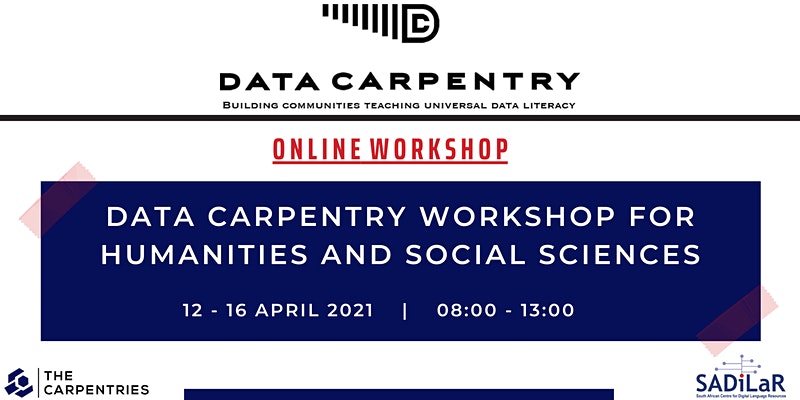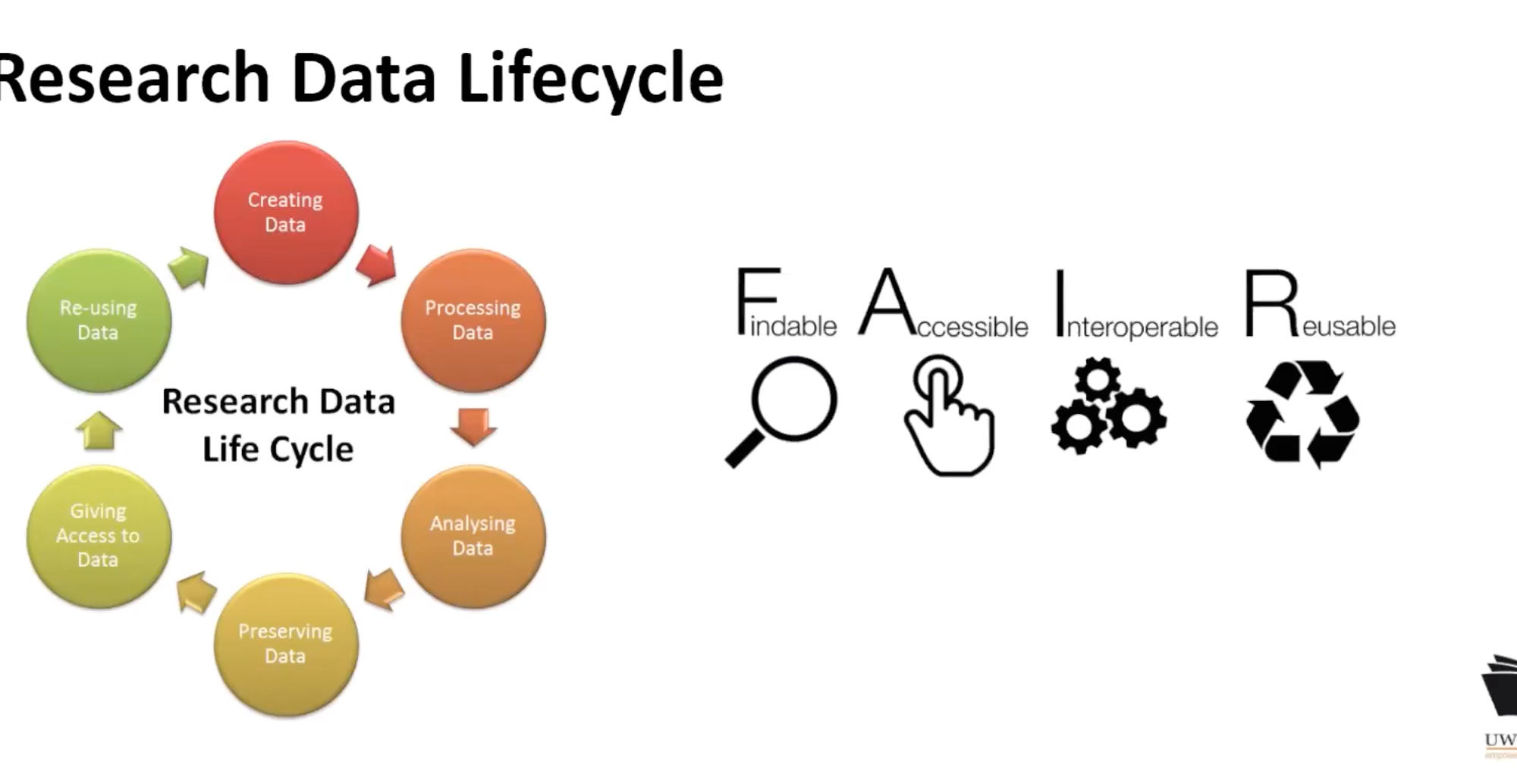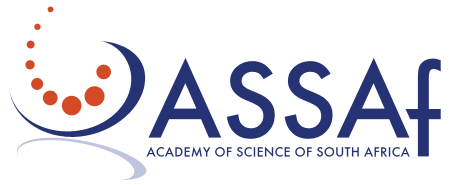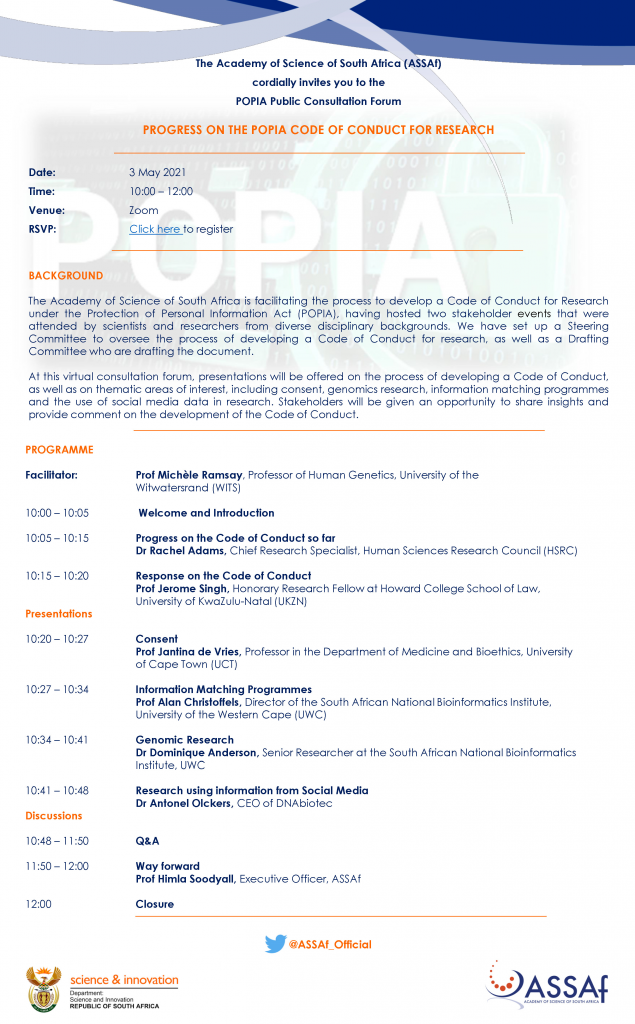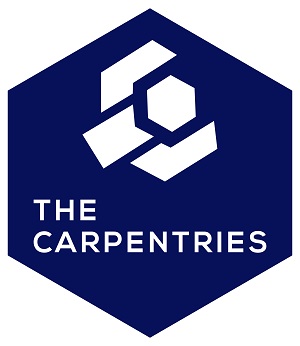Five years since the formal publication of the FAIR data principles, a newly published white paper, Springer Nature’s The Future of FAIR, looks at the real-world impact of FAIR. An international cohort of research data professionals share their opinions and offer commentary on the impact of the FAIR data principles to date, as well as what the next steps in research data management are.
Varsha Khodiyar on the Springboard blog writes that the “burgeoning open science (or open research) movement aims to make public and charity funded research as transparent and accessible as possible, and available for use to all to use, extend and build on. Research data is central to this vision, and to many policies and initiatives launched in recent years encouraging the adoption of open science practices. The impact of the FAIR data concept on open science advocates, position statements, policies and funding opportunities is unmistakable”.
Read more about the FAIR data principles, find out more about the study, and download The Future of FAIR white paper.
